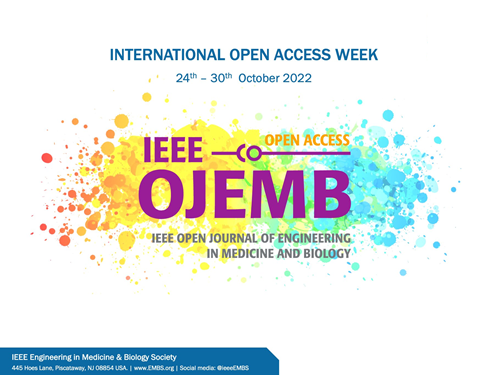Low-Rank Adaptation of Pre-Trained Large Vision Models for Improved Lung Nodule Malignancy Classification
IF 2.9
Q3 ENGINEERING, BIOMEDICAL
IEEE Open Journal of Engineering in Medicine and Biology
Pub Date : 2025-01-16
DOI:10.1109/OJEMB.2025.3530841
引用次数: 0
Abstract
预训练大视觉模型的低秩自适应改进肺结节恶性分类
目的:研究利用低秩自适应(Low-Rank Adaptation, LoRA)对自我监督学习(self-supervised learning, SSL)预训练的大视觉模型(large vision models, lvm)进行肺结节恶性分类的方法。受LoRA在自然语言处理领域成功的启发,我们假设这种自适应技术可以显著提高分类性能、参数效率和训练速度,用于肺图像癌症诊断的新应用。方法:利用两个综合的肺结节数据集NLSTx和LIDC,其中包括各种活检和放射科医生证实的肺部CT扫描,我们严格的实验设置表明,适应lora的模型明显优于传统的微调方法。结果:与最先进的模型相比,最佳的lora适应模型的ROC AUC增加了3%,使用的参数减少了89.9%,训练时间减少了36.5%。结论:将LoRA与域外预训练lvm相结合,为提高肺结节恶性分类性能提供了一条有希望的途径。NLSTx数据集的注释也随本文一起发布在GitHub上https://github.com/benVZ/NLSTx。
本文章由计算机程序翻译,如有差异,请以英文原文为准。
求助全文
约1分钟内获得全文
求助全文
来源期刊

IEEE Open Journal of Engineering in Medicine and Biology
ENGINEERING, BIOMEDICAL-
CiteScore
9.50
自引率
3.40%
发文量
20
审稿时长
10 weeks
期刊介绍:
The IEEE Open Journal of Engineering in Medicine and Biology (IEEE OJEMB) is dedicated to serving the community of innovators in medicine, technology, and the sciences, with the core goal of advancing the highest-quality interdisciplinary research between these disciplines. The journal firmly believes that the future of medicine depends on close collaboration between biology and technology, and that fostering interaction between these fields is an important way to advance key discoveries that can improve clinical care.IEEE OJEMB is a gold open access journal in which the authors retain the copyright to their papers and readers have free access to the full text and PDFs on the IEEE Xplore® Digital Library. However, authors are required to pay an article processing fee at the time their paper is accepted for publication, using to cover the cost of publication.
 求助内容:
求助内容: 应助结果提醒方式:
应助结果提醒方式:


